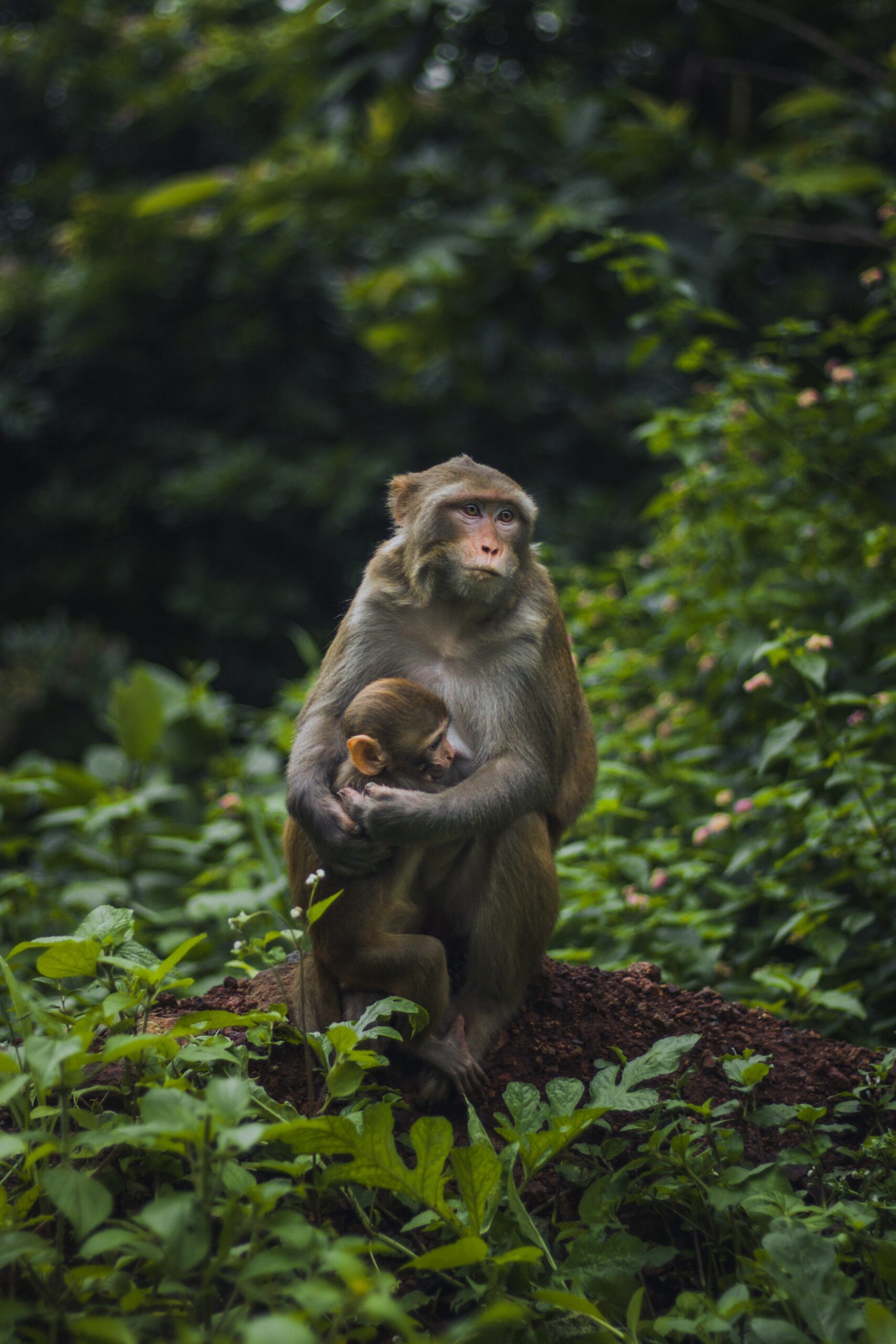What is vegan skincare | Benefits | Environmental impact | How to choose | Takeaway
Evidence-based. Credit goes to all researchers
The world of skincare has been rapidly evolving in recent years, with a growing emphasis on natural and organic ingredients, as well as cruelty-free and vegan options.
Animal testing for cosmetics and skincare products has long been a controversial issue, with many consumers becoming increasingly conscious of the ethical implications of using products that have been tested on animals.
As a result, the demand for vegan skincare has been on the rise. A study published in the International Journal of Consumer Studies (Flynn, L., & Shultz, C. J. (2017) found that consumers are becoming more conscious of the ethical implications of animal testing and are increasingly looking for cruelty-free and vegan skincare options.
What is vegan skincare? 🤔
Vegan skincare refers to products that do not contain any animal-derived ingredients and have not been tested on animals. This includes ingredients such as beeswax, honey, and collagen, as well as products that have been tested on animals.
Vegan skincare products are typically made with plant-based ingredients, such as fruits, vegetables, and herbs. These ingredients have been found to be just as effective, if not more effective, than their animal-derived counterparts.
A study published in the Journal of Ethnopharmacology (Dorman, H. J., & Deans, S. G. (2000) found that plant-based ingredients such as essential oils have antimicrobial properties and can be effective in preventing skin infections.
The benefits of vegan skincare: cruelty-free and natural 🥰
One of the biggest benefits of vegan skincare is that it is cruelty-free. Animal testing is a controversial and inhumane practice that has been banned in many countries around the world.
A study published in the Journal of Applied Animal Welfare Science (Knight, A., & Broom, D. M. (2003) found that animal testing for cosmetics can cause severe suffering and distress to the animals involved.
By choosing vegan skincare products, consumers can rest assured that the products they are using have not been tested on animals. This not only helps to prevent animal suffering but also promotes a more ethical and sustainable approach to skincare.
Natural and organic ingredients
Another benefit of vegan skincare is that it is often made with natural and organic ingredients.
Plant-based ingredients are known to be rich in vitamins, minerals, and antioxidants, which can provide numerous benefits for the skin. They can help to hydrate, nourish, and protect the skin, as well as improve its overall appearance.
A study published in the International Journal of Cosmetic Science (Fukuzumi, S., et al. (2012) found that plant-based ingredients such as fruits, vegetables, and herbs contain antioxidants that can help protect the skin from environmental damage.
Vegan skincare products are also free of harsh chemicals and synthetic ingredients, which can be harsh on the skin and cause irritation.
A study published in the Journal of the American Academy of Dermatology (Fukuzumi, S., et al. (2012) found that synthetic ingredients can cause skin irritation and allergic reactions.
The environmental impact of vegan skincare 🌳
In addition to being cruelty-free and natural, vegan skincare products are also good for the environment. Animal-derived ingredients, such as beeswax and honey, can be sourced from wild or farmed animals. This can have a negative impact on the environment, as well as on the animals themselves.
A study published in the Journal of Cleaner Production (Flynn, L., & Shultz, C. J. (2017) found that the use of animal-derived ingredients in skincare products can contribute to deforestation and habitat destruction, as well as the depletion of wild animal populations.
By choosing vegan skincare products, consumers can help to reduce the demand for these ingredients and promote a more sustainable approach to skincare.
How to choose vegan skincare products 🤔
With the rise of vegan skincare, there are now more options than ever before for consumers looking for cruelty-free, natural, and organic skincare products.
From cleansers and moisturizers to serums and masks, there are vegan skincare products to suit every skin type and concern. It is important to do your research and read the labels carefully to ensure that the products you choose are truly vegan and cruelty-free.
It’s also important to note that, while “vegan” can mean that a product doesn’t contain any animal-derived ingredients, it doesn’t necessarily mean that it’s cruelty-free, so always look for products that are labelled as “cruelty-free” or “not tested on animals” in addition to “vegan” to ensure that you’re buying products that align with your values.
Takeaway ✍️
Vegan skincare is a growing trend in the beauty industry, and for good reason. Not only does it promote a cruelty-free and ethical approach to skincare, but it also offers numerous benefits for the skin and the environment.
With so many vegan skincare options available, it has never been easier to make the switch to cruelty-free beauty.
References 🤓
Dorman, H. J., & Deans, S. G. (2000). Antimicrobial agents from plants: antibacterial activity of plant volatile oils. Journal of Ethnopharmacology, 74(2), 213-232.
Flynn, L., & Shultz, C. J. (2017). Consumer attitudes toward animal-free cosmetics. International Journal of Consumer Studies, 41(2), 212-220.
Fukuzumi, S., et al. (2012). Antioxidant activity of various plant-derived components. International Journal of Cosmetic Science, 34(3), 226-234.
Feel free to share this post if you found it helpful!
